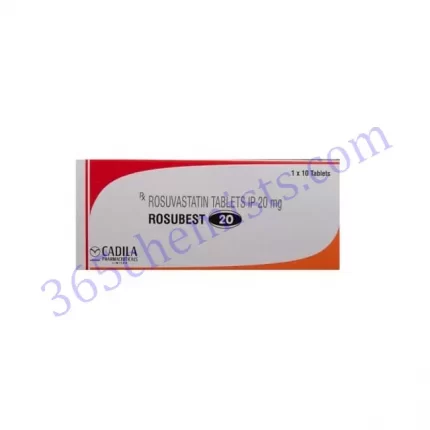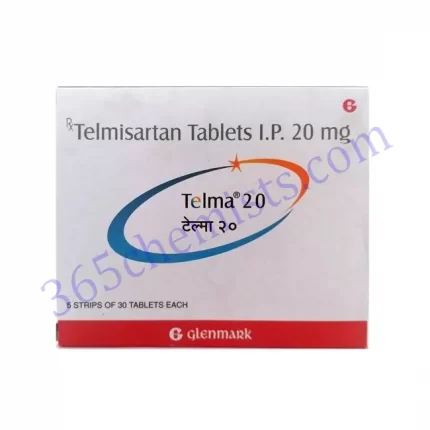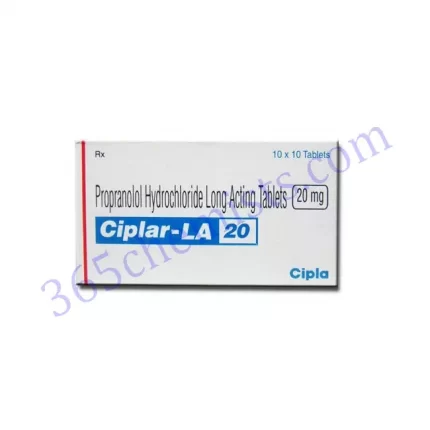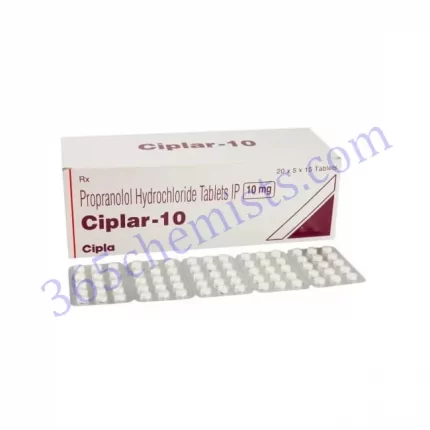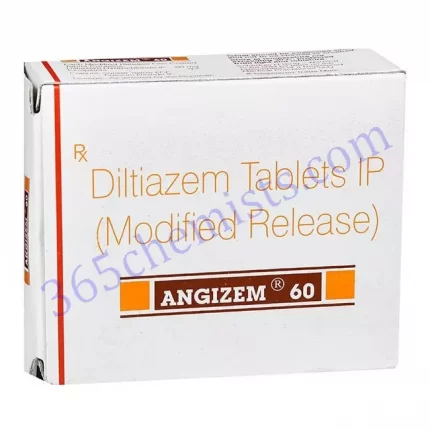Simvotin 20mg Tablet (Simvastatin 20mg):
The active component of Simvotin 20mg Tablet is Simvastatin, and the medication is classified as a statin, which is a category of medications. The management of high cholesterol levels, more specifically elevated low-density lipoprotein (LDL) cholesterol, which is also referred to as “bad” cholesterol, is one of the most common uses for this medication. This detailed explanation of Simvotin 20mg Tablet is meant to supply important information about the medication, such as its applications, recommended dosage, potential adverse effects, and other related topics.
Uses of Simvotin 20mg Tablet:
The primary purpose of the cholesterol-lowering effects of the Simvotin 20mg Tablet in patients with high cholesterol or other lipid disorders is to bring their cholesterol levels down. It accomplishes this by blocking an enzyme in the liver that is essential to the production of cholesterol. The Simvotin 20mg Tablet works to lower LDL cholesterol and triglyceride levels while simultaneously increasing high-density lipoprotein (HDL) cholesterol, also known as the “good” cholesterol. It accomplishes this by inhibiting the production of cholesterol. This medication is typically prescribed in conjunction with changes in lifestyle, such as maintaining a healthy diet and getting regular exercise.
Dosage and Administration:
It is possible for an individual’s dosage of Simvotin 20mg Tablet to change depending on their response to treatment as well as the cholesterol levels they currently have. It is essential to carry out the directions laid out by the medical professional in charge of your care. A single tablet, to be taken by mouth in the evening, is the typical starting dose. It is possible to adjust the dosage based on the consistent monitoring of the patient’s cholesterol levels. Because high cholesterol frequently has no symptoms, it is essential to continue taking the Simvotin 20mg Tablet even if you feel fine, as well as to take it according to the instructions given to you by a healthcare professional.
Side Effects of Simvotin 20mg Tablet:
The Simvotin 20 mg Tablet is generally well tolerated; however, some people may experience certain adverse effects while taking this medication. Muscle pain, weakness, or tenderness are common side effects associated with Simvastatin, along with headache, stomach upset, and changes in liver function tests. These negative reactions to medication are typically mild and short-lived, and they have a tendency to get better as the body gets used to the treatment. Rarely, the use of Simvotin 20mg Tablet could result in more serious adverse effects, such as issues with the liver, damage to the muscles, or an extremely uncommon condition known as rhabdomyolysis. It is strongly recommended that you seek immediate medical attention in the event that any severe adverse effects manifest themselves.
Related Product
Simvotin 10mg Tablet
Simvotin 20mg Tablet
Precautions and Warnings:
It is important to inform your healthcare provider about any pre-existing medical conditions, allergies, or medications that you are currently taking before beginning treatment with Simvotin 20mg Tablet. It is of the utmost importance to reveal any previous history of liver disease, kidney disease, or muscle disorders. It is not safe to use Simvotin 20mg Tablet while pregnant or breastfeeding due to the potential risk of harm to the developing foetus or nursing infant. Before using this medication in the circumstances described, it is critical to have a conversation with a trained medical professional about the potential drawbacks and advantages. During treatment with Simvotin 20 mg Tablet, it is typically advised that the patient have their liver function and cholesterol levels monitored on a regular basis.
Drug Interactions:
It is possible for the Simvotin 20mg Tablet to interact with other medications, which could reduce the effectiveness of those other drugs or raise the risk that they will cause adverse effects. You should let your primary care physician or your chemist know about any and all medications you are currently taking, including over-the-counter medications and herbal supplements. Certain antibiotics, antifungal medications, and medications used to treat HIV or hepatitis C are examples of the types of common medications that have the potential to interact negatively with Simvotin 20mg Tablet. These possible interactions will be evaluated by your healthcare provider, who will then make appropriate adjustments to your medication schedule.
Storage and Handling:
The Simvotin 20 mg Tablet ought to be kept in a location that is both cool and dry, away from sources of moisture and direct sunlight. It is important to keep the tablets out of the reach of both children and animals. It is essential to check the date of expiration on the medication and to refrain from using it if the date has passed. Consult your chemist or a provider of healthcare for advice if you have any questions or concerns about how to store or handle the Simvotin 20mg Tablet.
Conclusion:
The medication known as Simvotin 20mg Tablet (Simvastatin 20mg) is one that is frequently recommended for the treatment and management of elevated cholesterol levels. It does this by inhibiting the production of cholesterol in the liver, which in turn helps to reduce levels of LDL cholesterol and triglycerides while simultaneously raising levels of HDL cholesterol. The Simvotin 20mg Tablet has the potential to be an effective tool in the management of cholesterol and the improvement of cardiovascular health provided that it is used appropriately and is monitored closely. However, it is absolutely necessary to take the medication exactly as directed, to be aware of any potential adverse effects, and to seek personalised guidance from a qualified medical professional. Individuals can achieve optimal cholesterol control with the assistance of the Simvotin 20mg Tablet and lower their risk of developing cardiovascular diseases by following these preemptive measures.



